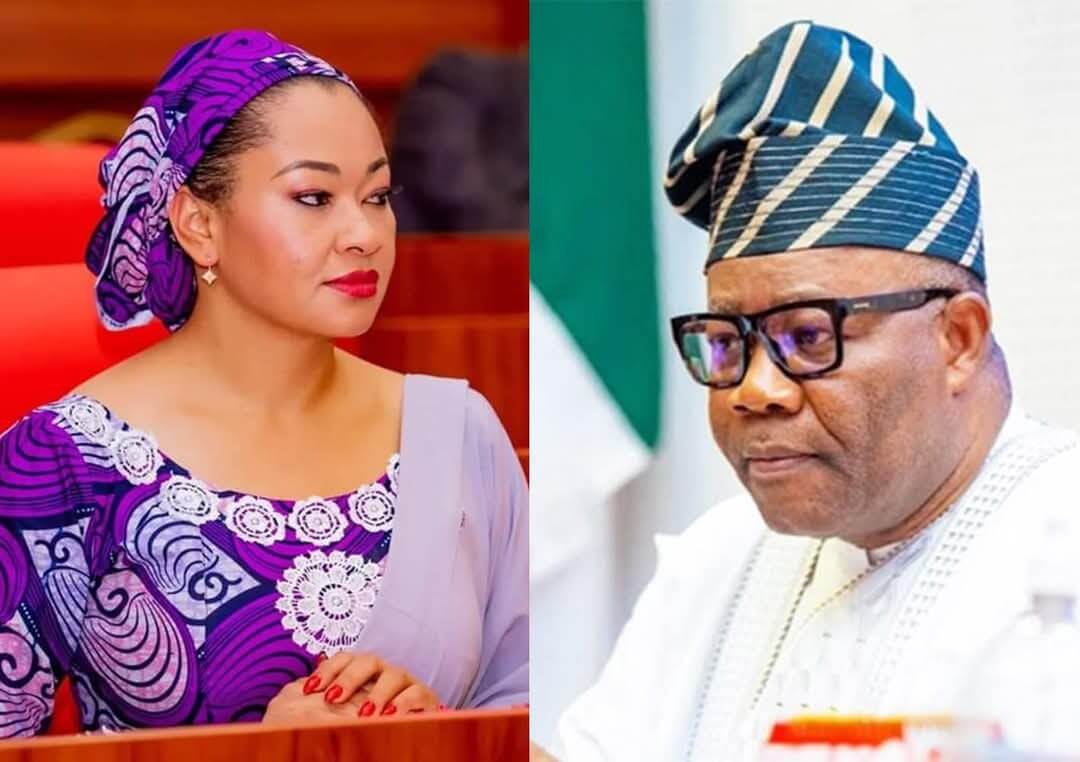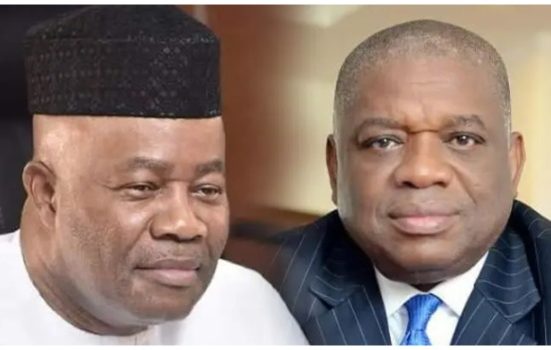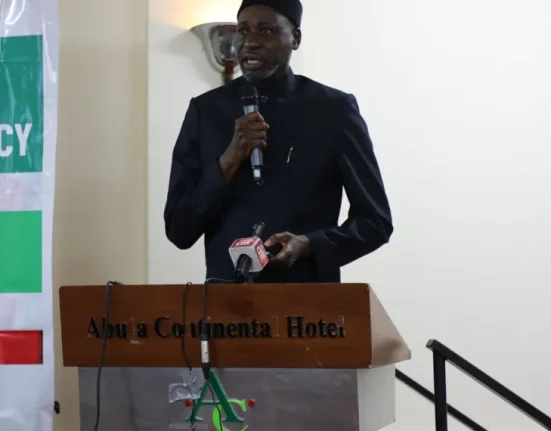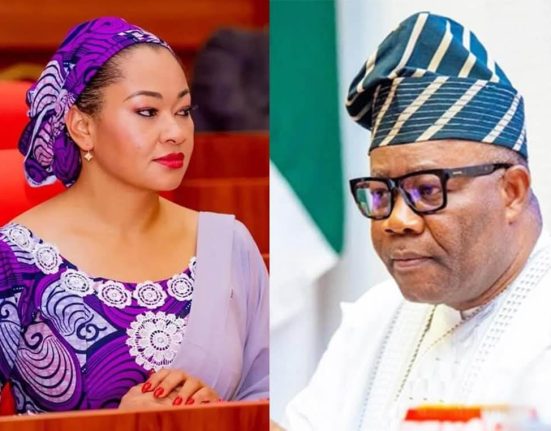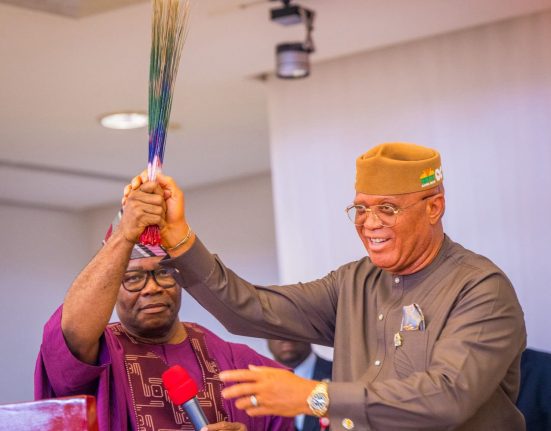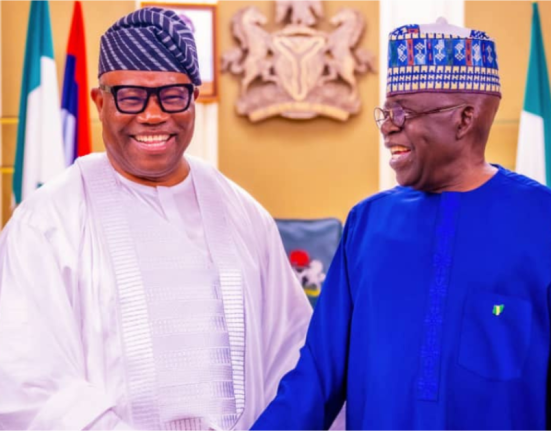In a dramatic turn of events, Senator Natasha Akpoti-Uduaghan has responded to the petition filed by Senate President Godswill Akpabio, who is seeking her prosecution over allegations of orchestrating an assassination plot against her. Akpabio’s petition, dated April 3, 2025, was addressed to the Inspector General of Police, Kayode Egbetokun, and also copied to the Attorney General of the Federation, Prince Lateef Fagbemi (SAN). The Senate President vehemently denied the allegations, labeling them as “heinous lies” and a “reckless and deliberate attempt” to damage his reputation and incite political unrest.
Akpabio’s action follows public statements made by Akpoti-Uduaghan during a homecoming event in Kogi State on April 1, where she accused him of instructing former Governor Yahaya Bello and current Governor Usman Ododo to assassinate her in a manner that would frame her constituents for the act. Akpabio described the allegations as politically motivated and devoid of evidence, asserting that they were designed to manipulate public sentiment and malign his person and office.
Despite Akpabio’s strong denial and call for prosecution, Akpoti-Uduaghan remains resolute in her stance, emphasizing the gravity of her accusations and the need for a thorough investigation. Her response highlights the ongoing political tensions and the challenges faced by public figures in Nigeria, where allegations of this nature can have significant repercussions on both personal and public levels. The situation underscores the importance of due process and the role of law enforcement agencies in resolving such disputes.
As the situation unfolds, it is clear that both parties are determined to see justice served according to their perspectives. Akpabio’s petition underscores his commitment to clearing his name and addressing what he perceives as a malicious attack on his character. Meanwhile, Akpoti-Uduaghan’s resolve to stand by her allegations suggests that she believes her claims warrant serious attention and investigation. The outcome of this saga will likely have significant implications for political discourse in Nigeria, emphasizing the need for transparency and accountability in public life.

